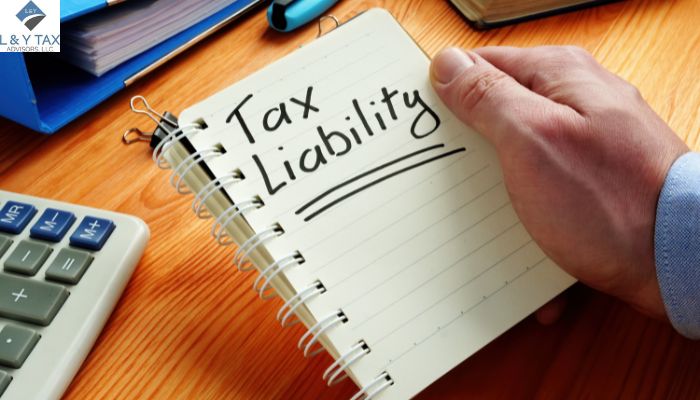
Do Rentals Qualify for QBI?
If you own rental properties or are running a business startup, you must have heard about the Qualified Business Income (QBI) deduction and are perplexed about do rentals qualify for QBI, which has now been introduced as a part of the Tax Cuts and Jobs Act (TJCA), 2017. If your business allows the eligibility criteria, you can avail of its significant benefits in the long run.
Exploring the details of ‘Do rentals qualify for QBI?’ is paramount to understanding the rental income concept and how it can benefit from the deductions of QBI.
A Beginner’s Guide to the QBI
Before delving into the eligibility status of rental earnings for the QBI deductions, you must go through its brief recapping. Qualified Business Income (QBI) is a tax break that is created to offer a sensation of tax relief to pass-through businesses. Such businesses include partnerships, sole proprietorships, S corporations, and certain estates and trusts.
QBI deductions are also referred to as Section 199A deductions, which allow eligible taxpayers to cut up to 20% of their qualified business income from the taxable earnings. This, in turn, lowers the taxation liability to a reasonable extent.
However, all types of income do not win this deduction, so you may be pondering over some concerns, out of which ‘Do rental properties qualify for QBI?’ is of utmost importance and must be promptly addressed.
Do Rentals Qualify for QBI?

Typically, rental incomes are categorized as active and passive. According to the Internal Revenue Service, some specific rules are designed to determine the answer to ‘Do rentals qualify for QBI?’. These regulations depend on your extent of involvement in the management of rental properties.
Active Rental Income
If you’re diligently involved in the governance of your rental assets, such as making well-versed managerial decisions, handling maintenance, and regularly overseeing the properties, your rental income can be treated as a qualified business. Doing so makes your earnings eligible for the QBI deductions.
Passive Rental Income
Your rental income is likely considered passive if your involvement is limited to owning the properties and receiving rental earnings without active participation in its overall management. In most cases, such indirect properties remain ineligible for the QBI benefits.
Considerable Factors for Rental Income
To find out if rentals qualify for QBI, it is crucial to consider the following critical factors for your active and passive rental earnings.
Active Participation
Rental properties demand your regular activeness to manage the operations. It also comprises activities like screening tenants, handling property maintenance, setting rental terms, and making property-relevant financial decisions.
Timely Attempts
The greater the time and effort invested in your rental assets, the sturdier and more active your case becomes to be eligible for QBI benefits. Substantiating your claim is crucial with the active involvement of detailed records.
Documentation and Records
Your eagerness is demonstrated by your active involvement in monitoring and maintaining property-related documents, such as receipts, invoices, and emails.
Employing Property Manager
Your rental possessions may still be passive even if you hire a property manager. However, your active involvement in managing the operations demonstrates significant chances of enjoying the benefits of QBI.
Significant Contemplation on Rental Properties
Before learning do rentals qualify for QBI, you need to memorize some critical considerations before availing of the deductions:
Limited Income
Your income limits decide the availability of the financial advantages via business income. Individuals paying high taxes on their handsome income may get limited deductions, especially those in specified service trades or businesses (SSTBs).
SSTBs
Specified service trades or businesses (SSTBs), including professional services, such as doctors, lawyers, and accountants, have extra limitations and phase-out rules regarding advantageous qualified business income.
Complexity
Determining your business’s eligibility for the QBI can take time and effort. Therefore, seeking professional guidance via bookkeeping services or hiring an experienced certified public accountant (CPA) is recommended.
The Bottom Line
Summing up the discussion on ‘Do rentals qualify for QBI?’, the eligibility criteria hinge on the level of your involvement in managing the rental possessions. The potential of active or direct rental income is high to win the benefits of QBI deductions compared to the passive ones. Understanding the rules can elevate your chances of taxation benefits while adhering firmly to the IRS regulations.
Read More:


